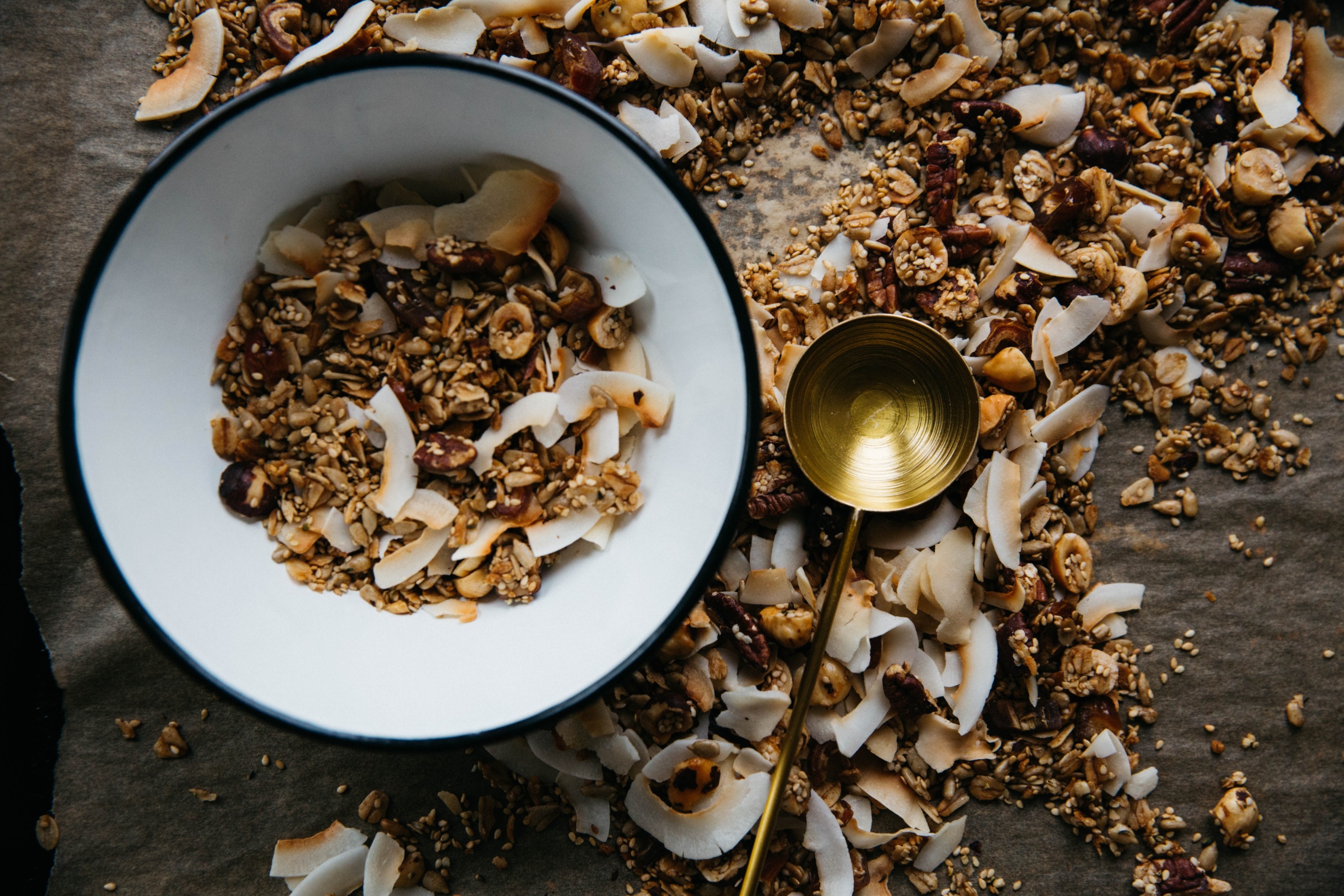
Incorporating more fiber into your diet is beneficial for your digestive health, can help manage your weight, and may reduce the risk of various chronic diseases. Here are three ways to increase your fiber intake:
Eat More Whole Grains: Whole grains are rich in dietary fiber and other essential nutrients. Replace refined grains with whole grains in your diet to boost your fiber intake. Some examples of whole grains include:
- Whole wheat bread and pasta
- Brown rice
- Quinoa
- Oats
- Barley
- Buckwheat
- Bulgur
Consume More Fruits and Vegetables: Fruits and vegetables are excellent sources of dietary fiber and are packed with vitamins and minerals. Aim to fill half your plate with these foods at every meal. Here are some tips to increase your fruit and vegetable consumption:
- Snack on raw vegetables or fruit slices.
- Add fruit to your breakfast cereal or yogurt.
- Include a variety of colorful vegetables in your salads, stir-fries, and side dishes.
Include Legumes and Nuts in Your Diet: Legumes and nuts are great sources of fiber and also provide protein and healthy fats. Incorporate these into your meals and snacks:
- Add beans (e.g., black beans, lentils, chickpeas) to soups, stews, and salads.
- Use nut butter (e.g., almond, peanut) as a spread or dip.
- Snack on a handful of unsalted nuts for a satisfying and fiber-rich option.
Remember to increase your fiber intake gradually to prevent digestive discomfort. It’s also important to drink plenty of water when increasing fiber consumption to help with digestion. Aim for at least 25-30 grams of fiber daily.




